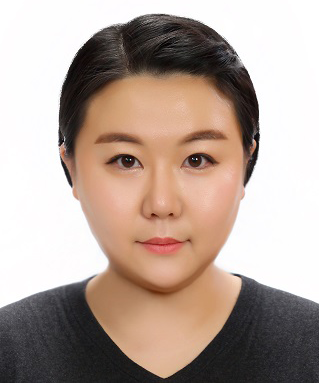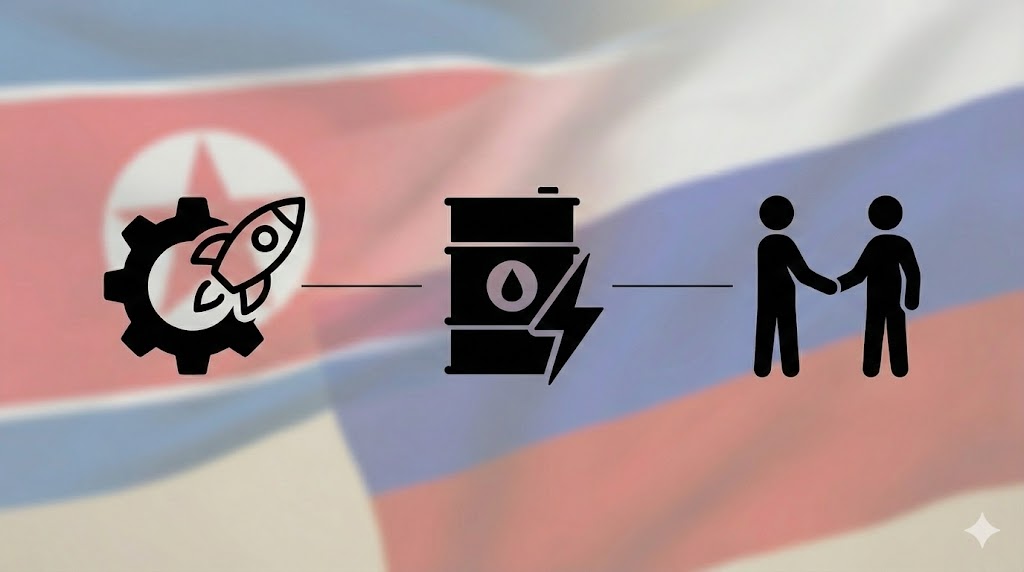Editor’s Note
The following Research Review contains a summary of a chapter from the book North Korean Women, Leading Change. In this Research Review, Mi-ju Kim, lecturer at the Department of North Korean Studies and a research fellow at the Institute for Unification Studies of Ewha Womans University, looks into the human rights infringements North Korean female defectors face in China, focusing on the “Convention on the Elimination of All Forms of Discrimination against Women.” Changes in the consciousness of women and the consequential disintegration of families have increasingly led North Korean women to defect to China. However, North Korean female defectors face serious human rights violations due to their lack of nationality and recognition as legal guardians, vulnerability under human trafficking, and inadequate access to healthcare. In order for North Korean female defectors to sustain a minimum level of safety, the author highlights the importance of recognizing defectors as legal nationals and raising global awareness of their status.
Preface: I would like to thank the East Asia Institute (EAI) for providing me with an opportunity to discuss human rights violations North Korean women face during the process of defection. This study, a summary of a chapter of the book North Korean Women, Leading Change [1] offers a window into North Korean society. North Korean Women, Leading Change is a book that studies how women’s roles in North Korea transformed. It further looks into how this phenomenon accelerated adjustments in North Korean politics, social culture, and healthcare. My study focuses on how the consciousness of North Korean women has changed.
|
“Convention on the Elimination of All Forms of Discrimination against Women”:
This treaty suggests that all women around the world should be guaranteed their rights. Countries that have joined “Convention on the Elimination of All Forms of Discrimination against Women (hereinafter the Convention)” are obliged to guarantee women's rights set forth in the Convention and implement practical measures to realize them. North Korean female refugees spend a considerable amount of time in China during the process of defection. China completed its accession to the “Convention on the Elimination of All Forms of Discrimination against Women” in November 1980, and as a party to the Convention, bears the duty to eliminate discrimination against women.
|
I explain how the disintegration of families in North Korea led North Korean women and children to defect, placing them vulnerable to human rights violations during their escape.
Following the Arduous March, the consciousness of North Koreans has changed. To illustrate, the previously patriarchal gender order of North Korea fell apart as women increasingly became breadwinners by participating in business. This has caused families to disintegrate. For example, the term “8.3 Couple” refers to couples who are essentially divorced and pursue livelihoods in different areas but nonetheless remain married on paper since it is difficult to become formally divorced in North Korea. Along with this phenomenon, defection is another factor that disintegrates families. It is generally easier for North Korean women to defect to China, in which defectors are not recognized as refugees, compared to men due to the demand for wives in Northeast China (Liaoning, Jilin, and Heilongjiang). In fact, the gender composition of North Korean defectors entering South Korea via China shows that the majority of North Korean defectors in China are women.
In this study— a summary of a chapter in North Korean Women, Leading Change — I discuss the human rights experiences of North Korean female defectors and the necessity to ensure their rights. In particular, I examine how the factor of defection influences human rights violations of North Korean women and children and explores ways in which the international community can intervene through the Convention and the “Convention on the Rights of the Child.”
As mentioned above, the Convention requires acceding parties to address discrimination against women. Articles that pertain to infringements on North Korean women's rights during defection are Article 6 (Prohibition of sexual abuse and exploitation /drug-induced kidnapping and trafficking), Article 9 (Registration of birth, acquisition of nationality, and the change and recovery of nationality), Article 12 (Health), and Article 16 (Parenting).
First, let me examine the provisions of Article 9, concerning the registration of birth, acquisition of nationality, and the change and recovery of nationality. Nationality provides legal protection for an individual living in a country. For North Korean female defectors living in China, “marrying” Chinese men is a method used to seek residence. However, as the Chinese government categorizes female defectors as “illegal border crossers,” North Korean female defectors are unable to formally acquire a nationality and legal status. They can either remain without a nationality or choose to acquire it through illegal means, such as purchasing a place of a deceased member of a Chinese household that has not been formally reported for a high price. In other words, North Korean female defectors are not only denied of nationality, but also face risks from their lack of it such as forced repatriation. As North Korean female defectors in China are not guaranteed nationality, one of the provisions of Article 9, they face problems mentioned in Article 6, Article 12, and Article 16.
Rights pertaining to Article 6, which prohibits sexual abuse and drug-related trafficking, are the most severely violated rights among North Korean female defectors during their residence in China. The fact that North Korean women become targets of human trafficking is an especially alarming consequence. For North Korean women, this occurs both voluntarily and involuntarily. Some are aware that they are being trafficked, but choose to submit in order to escape, while many others are deceived and become targets after defecting from North Korea. Such areas of human rights violations require immediate action, as they pose serious violations on human rights to safety and self-determination. North Korean women also face problems at work. Defectors are identified as illegal workers in China as it is difficult for them to obtain a nationality. This makes them less likely to find formal means of employment. As a result, defectors cannot receive help or protection from China in the case of labor rights violations such as inadequate or lack of wages and/or dangerous conditions of labor and are subjected to unequal and unreasonable treatment. Many North Korean women married to Chinese men are often forced to work on farms rather than in public workplaces.
There are also serious infringements on Article 16 concerning parenting. Since North Korean female defectors are not protected by the Chinese government, they are not recognized as legal guardians of their children. Therefore, if their Chinese husbands prohibit them from meeting their children, defectors have no way of reuniting with them. This also applies for when defectors enter South Korea – when a defector enters South Korea before their child does, she inevitably becomes separated from her child. When the defector wants to meet with her children after the breakup, she has no right to do so unless her husband permits.
Furthermore, North Korean female defectors also suffer from grave issues related to health that fall under Article 12. While many defectors experience pregnancy and childbirth while living in China, they are often denied access to healthcare facilities due to their lack of nationality. North Korean defectors devoid of Chinese nationality are disqualified to receive healthcare services provided by the Chinese government. As a result, the Chinese government lacks basic information on the North Korean female defectors' status of health such as disease and mortality rates and is therefore unable to design or implement necessary healthcare policies for them. Consequently, North Korean female defectors are deprived of the opportunity to pursue a better life.
The crux of human rights violations against North Korean female defectors in China lies in the fact that they are devoid of any rights to nationality and status, as they are not considered as refugees. Providing defectors with nationality and legal status is the first step towards recognizing their presence and incorporating them into the legal system. Currently, defectors’ rights are seriously infringed upon and defectors experience human rights violations in various areas. Although several obstacles such as current DPRK-China relations and China’s recognition of human rights may prohibit progress, it is nonetheless important to raise awareness on this issue not only for the Chinese government, but also for the international community. Attention towards the issue and action to resolve persistent issues is a prerequisite towards guaranteeing defectors with a minimum level of safety and a humane life. ■
■ Mi-ju Kim is a lecturer at Department of North Korean Studies and a research fellow at the Institute for Unification Studies in Ewha Womans University. She received a Ph.D. in North Korean Studies from Ewha Womans University. Her doctoral dissertation analyzed the UN Convention on the Rights of the Child and North Korean children's rights in terms of the right to life, development, protection, and participation. Through her dissertation, Dr. Kim combined the budget of the North Korean government and aid from the international community to analyze the overall size of financial aid, identifying the authentic situation of human rights in North Korea. Her recent works include a paper published in JPU and a paper published in Routledge. Her first research was “Healthcare Challenges during Kim Jong-un’s Regime in the DPRK in Comparison with 2001-2010”, Vol. With 12 No., a study into the changes in North Korea's health care system and ways to improve the health of North Koreans. Her second study is “Child mass mobilization in North Korea” (2021), in which she analyzes the current situation and structure of child labor in North Korea, the international community’s critical logic structure on child labor in North Korea, and measures to improve the situation.
■ Typeset by Seung Yeon Lee, Research Associate
For inquiries: 02 2277 1683 (ext. 205) | slee@eai.or.kr




